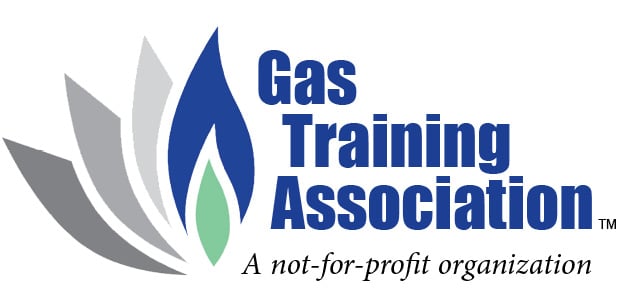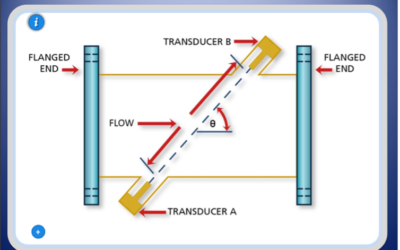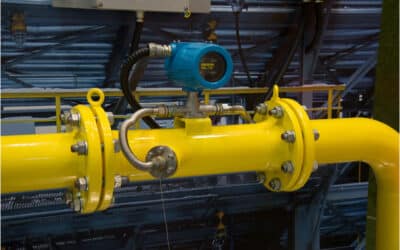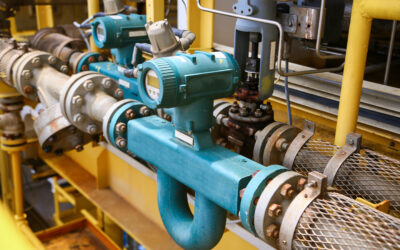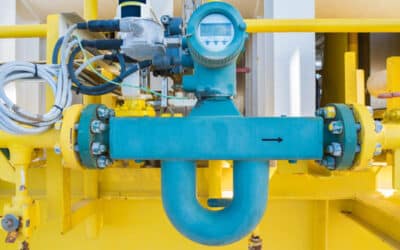Insights
Ensuring Gas Quality for Safe and Efficient Operations in the Natural Gas Industry
Gas quality is a cornerstone of safe and efficient operations throughout the natural gas industry. Poor gas quality measurement poses significant risks for the public and infrastructure. The industry relies on compliance with quality standards to ensure the safety and...
Maximizing Accuracy with Ultrasonic Meters
Ensuring accurate measurement and minimizing lost and unaccounted for (LAUF) gas is essential to ensuring operational efficiency, revenue assurance, and compliance against environmental risks. Ultrasonic meters have become a primary device to ensure the...
Bridging the Skills Gap: A Comprehensive Guide for Measurement Technicians
As seen in Pipeline & Gas Journal July 2024, Vol. 251, No. 7 As retirement brought on by the Great Crew Change cycles out a large portion of experts, companies are faced with hiring a new generation of workers. Within the industry, most employees are over 55 or...
Optimizing Training Programs for Measurement Technicians
Training is critical for measurement technicians as not everything they learn is intuitive. Ensuring that technicians are well prepared for their roles starts with a structured and thorough training program. A comprehensive approach to setting up, creating, and...
The Path to Predictive Maintenance
Maintenance of measurement equipment is vital to ensuring accurate transfers. With an ever-growing technological landscape, maintenance activities are constantly evolving. When gas meters were first invented, there was one standard type, the orifice meter, which has...
Keeping Content Current
A company replaced its previous training with GTA’s training for employees to complete as a pre-requisite for their job, leading to improved employee capability. Consistent and Updated Content Part of the challenge in developing a robust training program is the...
Bridging Knowledge Gaps: GTA’s Liquids Joint Project
In the energy industry, accurate and precise measurements are vital, and it’s the measurement technicians’ role to support the integrity of their company’s contracts. While the natural gas sector boasts a wealth of training resources, certain areas, like liquid...
The Future of GTA
50% of employees in the oil and gas industry are currently 55 or older, and most are retiring between 2025 to 2027. While large waves of turnover are not new to the industry, these workers take a wealth of knowledge and experience when they retire, thus resulting in a...
The Value of GTA: 4 Benefits of Being a Member
In 2008, natural gas industry leaders banded together to create foundational measurement training that would be accessible to the entire industry. The result was the Gas Training Association (GTA). What sets GTA apart is that all...
Behind the Training
Value of Lost and Unaccounted For (LAUF)
The value of reducing and controlling Lost and Unaccounted For (LAUF) Gas is not necessarily understood or viewed the same way across the organization.
This webinar sponsored by the Gas Training Association and hosted by Ernie Hauser, President of C-Smart Analytics, explains these different perspectives, and how LAUF is controlled from design to operations. The system balance is typically used as the top level KPI for LAUF, but interpreting system balance data is challenging and, in many cases, counterintuitive. This video also introduces basic concepts of the system balance KPI and how it can and cannot be used to identify measurement errors. The video ends by introducing the idea that the continuous meter level diagnostic data review finds errors faster and more accurately.
